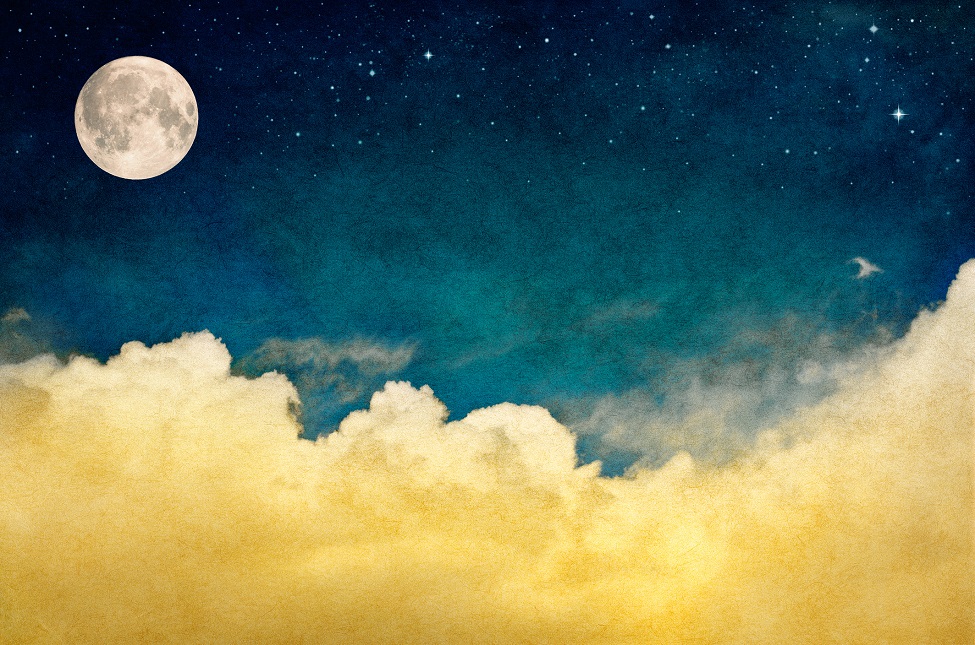Have you heard the so-called myth that a full moon can impact your sleep? It’s not uncommon to hear that the full moon is the scapegoat for all kinds of odd behaviors and happenings. Everything from an uptick in murders and crazy people roaming the streets to unfortunate souls turning into werewolves in the light of the moon has been blamed on lunar changes. This ‘urban legend’ is typically attributed to Hollywood’s portrayal of scary full-moon happenings, or the fact that we humans tend to see a full moon and attribute unusual coincidences to this celestial event.
But what about the connection between sleep changes and a full orb in the night sky? In a recent Pillow Talk Poll, we asked our members to chime in on the subject: Is it just a myth that a full moon affects sleep? According to SleepScore members, 60% of voters believe that a full moon really does have an impact on slumber. The SleepScore experts weighed in on the topic to decipher if it’s fact or fiction.
The truth behind the legend
The truth is…it’s still a little murky. While the light from the full moon can interfere with sleep, there still lacks major scientific backing to definitively prove that it causes us to lose out on considerable sleep.
SleepScore Labs scientific advisory board member, Dr. Nate Watson shared with Bustle that “increased light at night during a full moon can interfere with sleep by increasing the time it takes to fall asleep, decreasing how long people sleep, and reducing sleep quality”.
What does the research say?
SleepScore Labs’ VP of Sleep Science, Dr. Roy Raymann, explored the credibility of studies around the topic. It turns out that an oft-cited study published in 2013 by Dr. Cajochen, heading the Centre for Chronobiology at University of Basel, found that lunar phases could indeed affect sleep, including less deep sleep, shorter sleep duration and longer time to fall asleep.
The scientific publication of these results got a significant amount of traction from press as well as other researchers, as it was the first true scientific evidence that the lunar cycle can impact our sleep. Researchers have tried to replicate the findings through re-analyzing their own data sets, but interestingly enough, none have been successful so far, adding another layer of murkiness around the subject.
Dr. Raymann urges us to hold fast before assigning blame to the moon for changes in our Zzzs.
“In short, we cannot rule out that there is something like lunar sleepiness. But the hard data is currently not convincing. We need studies that are truly designed to unravel the effect of the moon phases on sleep, not just another re-analysis of existing sleep data”.
If you find yourself staring wide-eyed at the ceiling while the moon hangs by your window at night, there are some great eye masks out there for optimal comfort and light blocking qualities.
So, whether you’re a die-hard believer in the power of a full moon, or think it’s all just folklore, the jury’s still out on the true impact it has on your sleep. But rest easy knowing you likely won’t see any werewolves prowling the streets on the next lunar cycle. At least we hope not.

